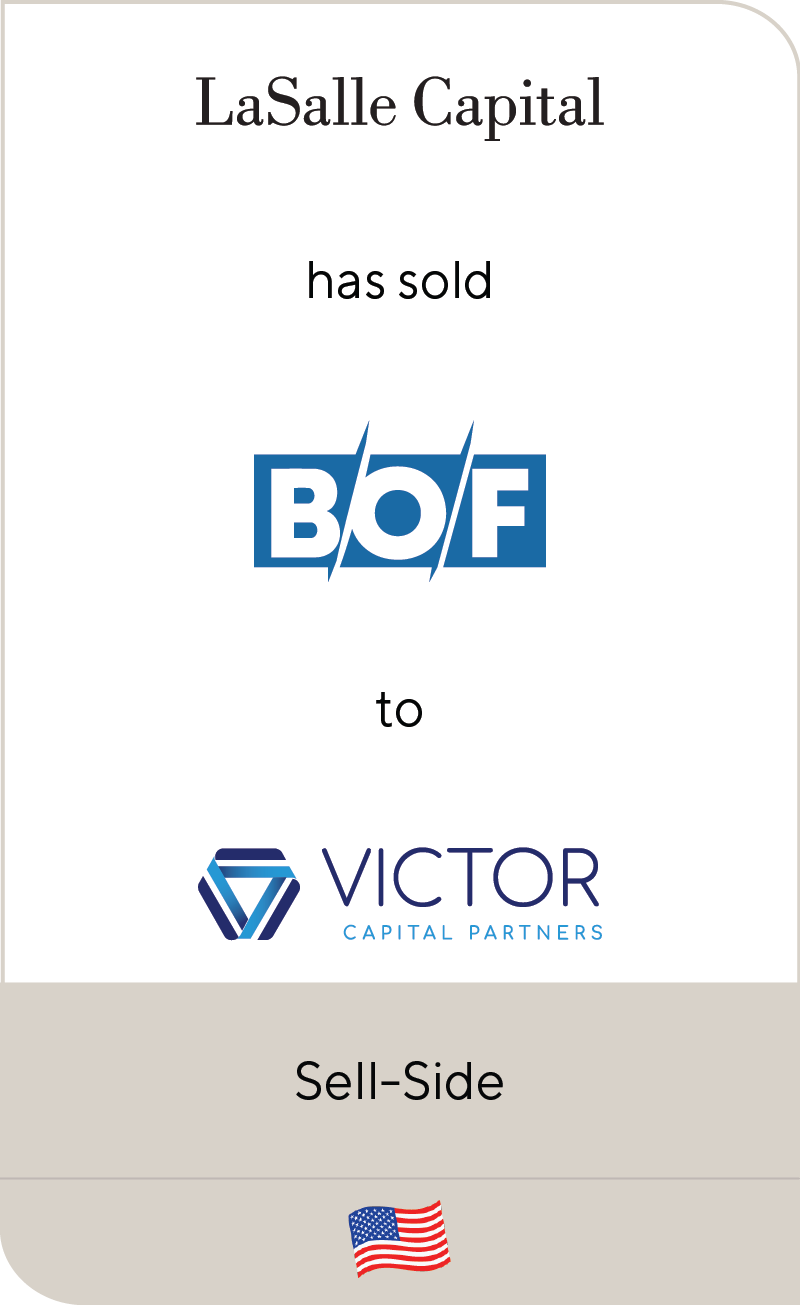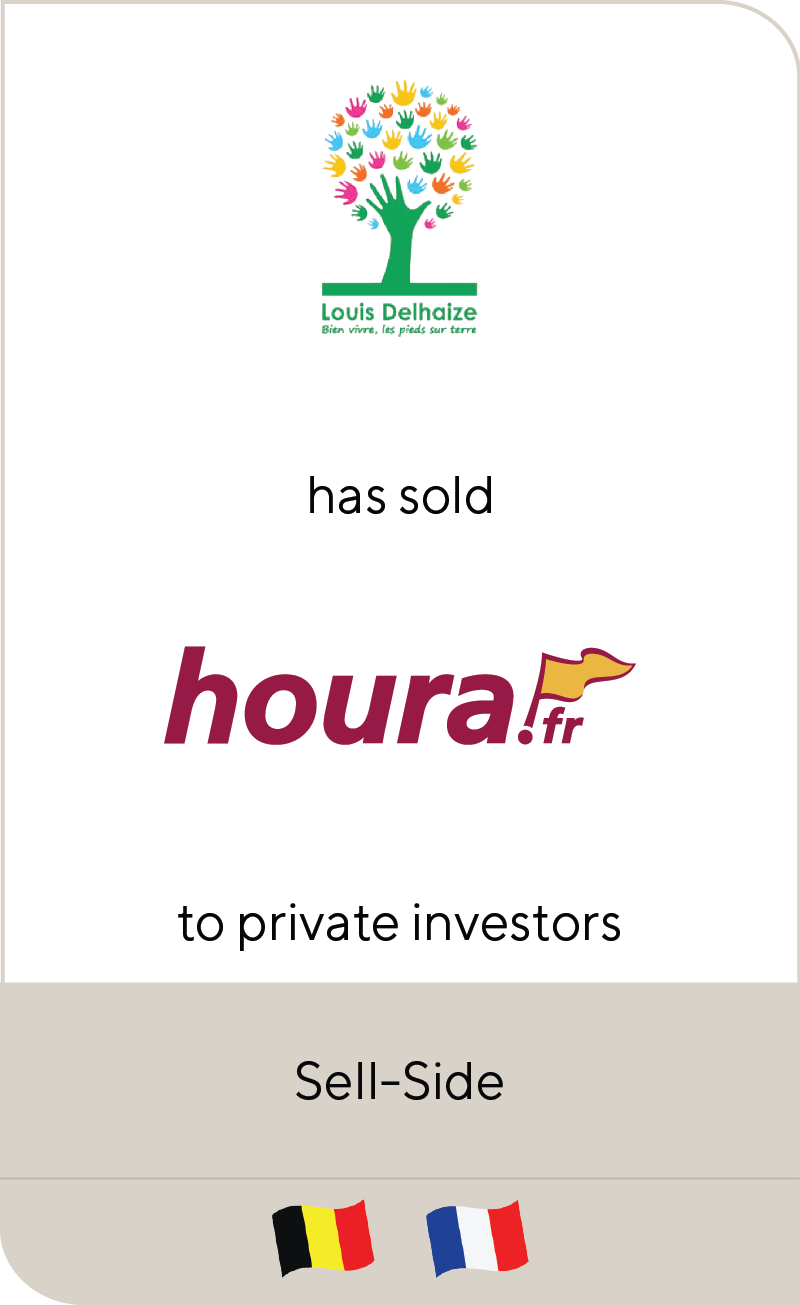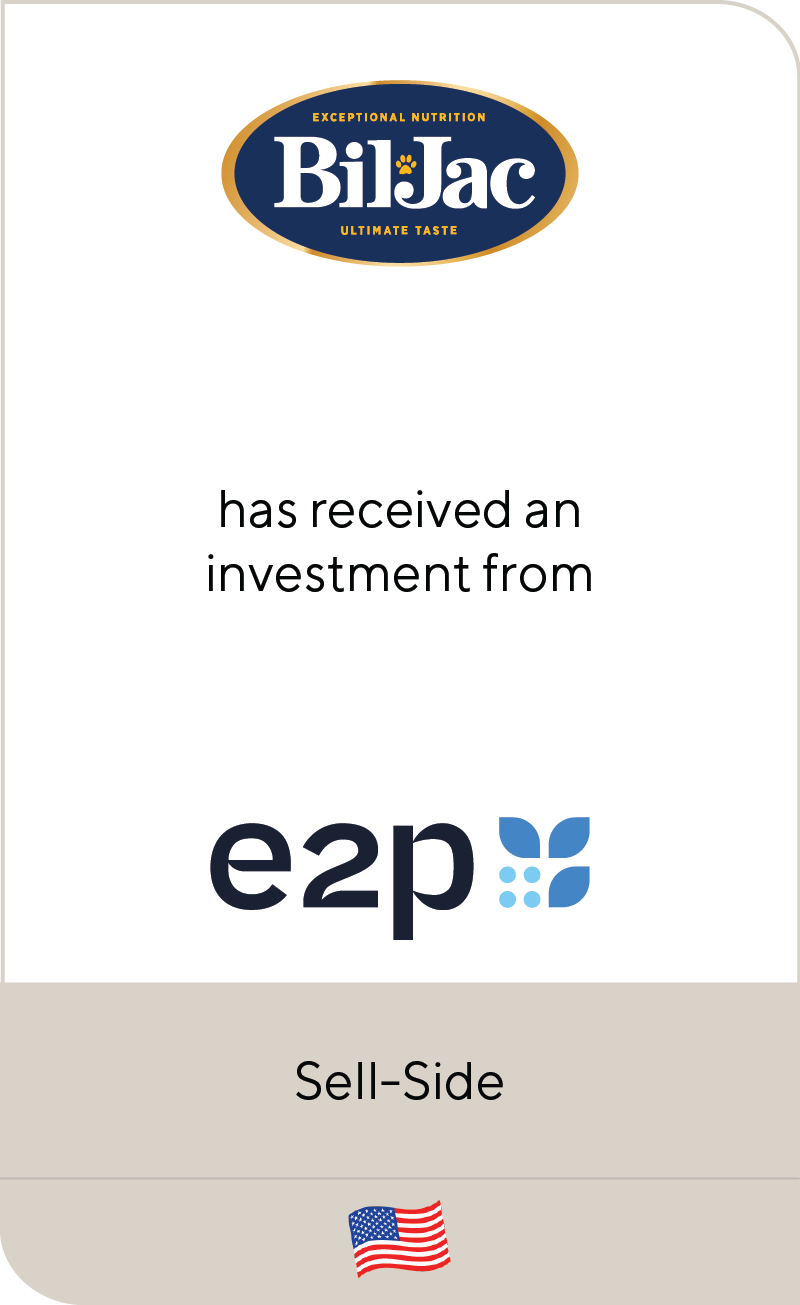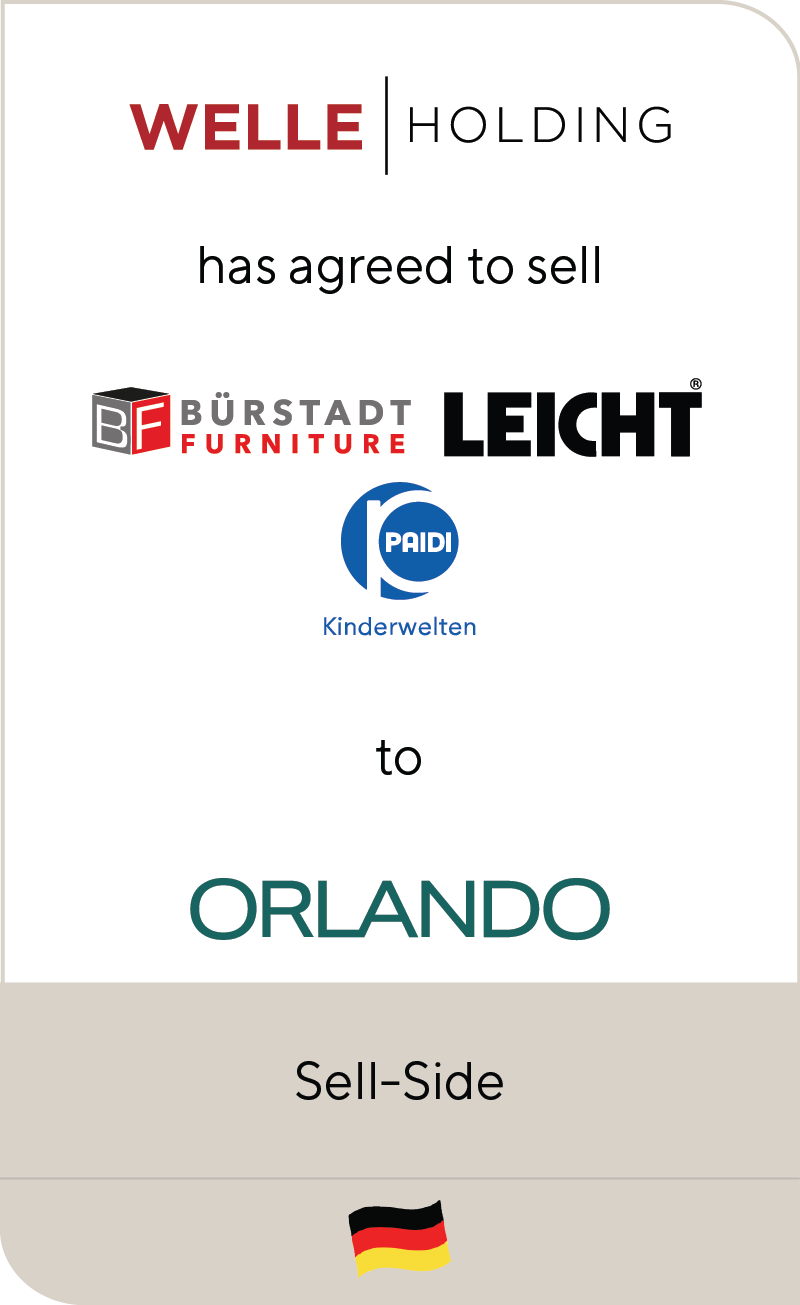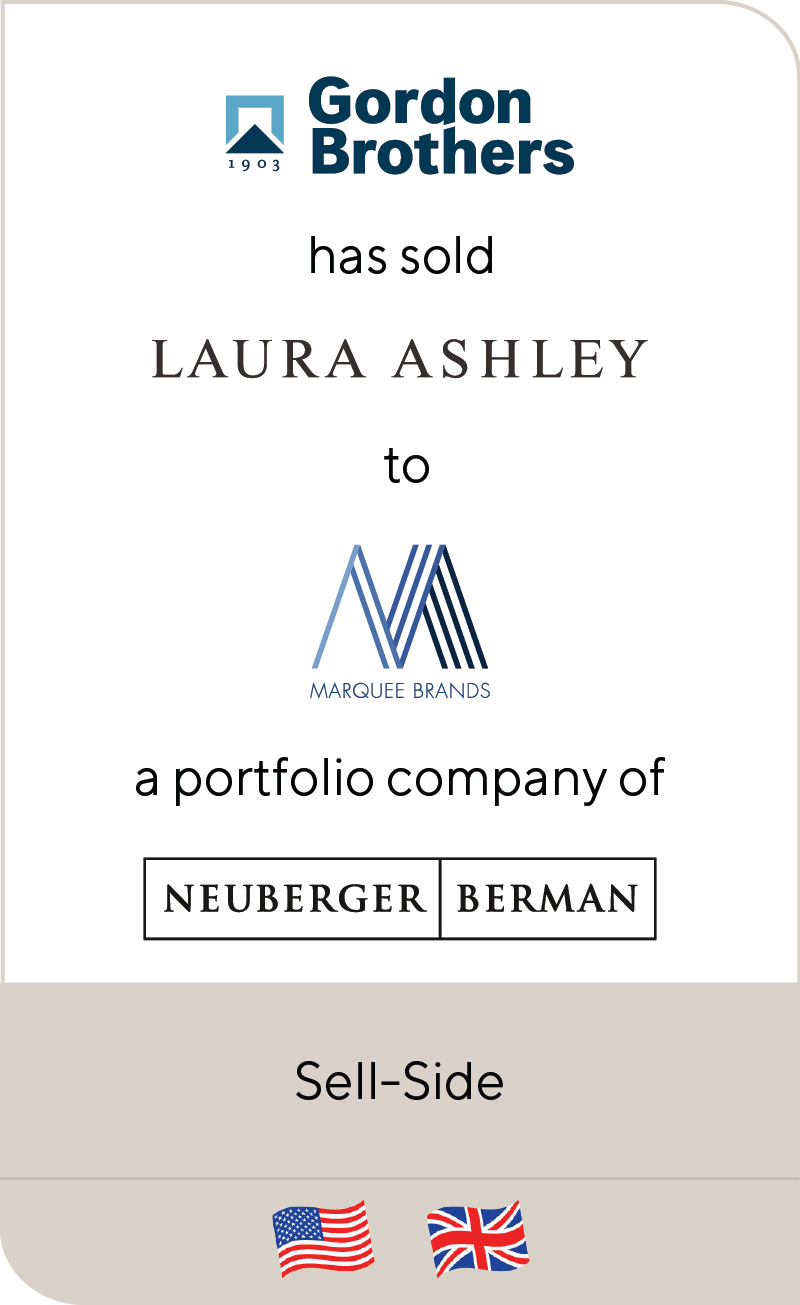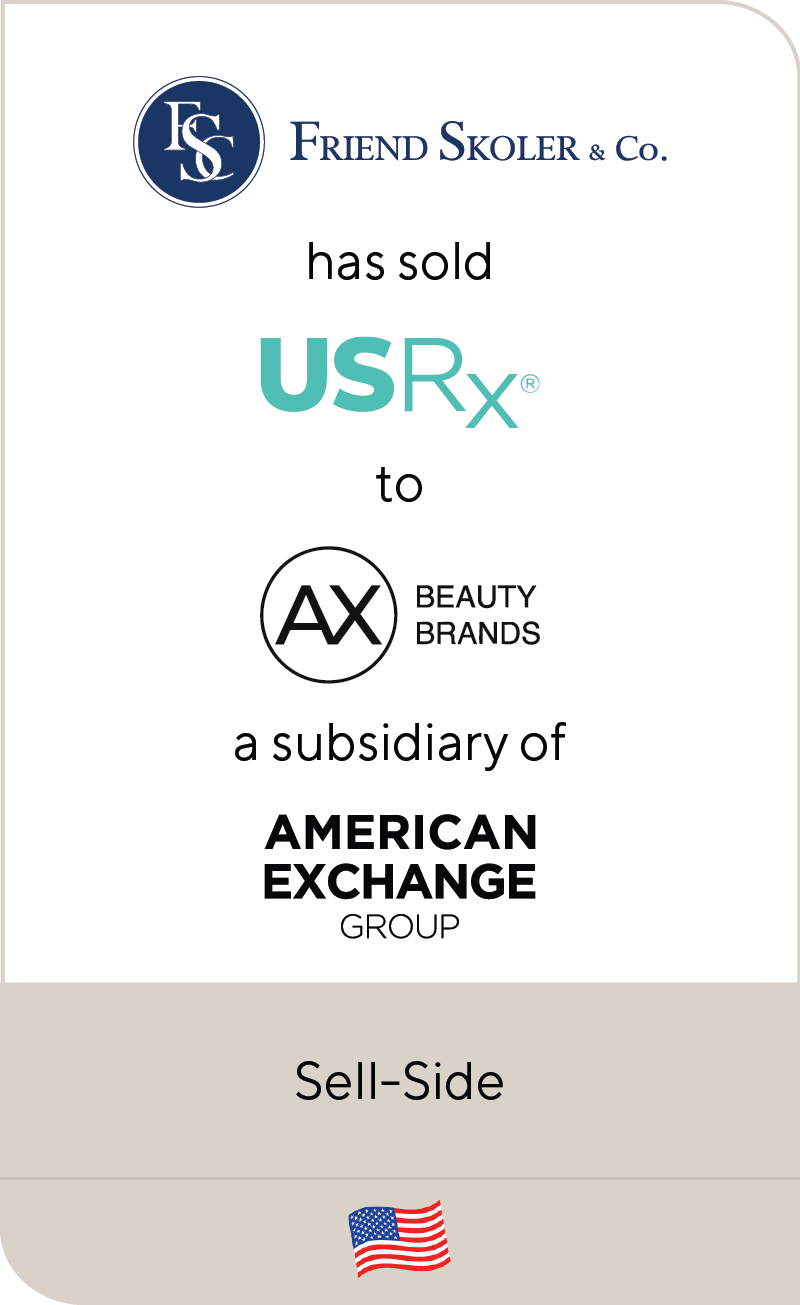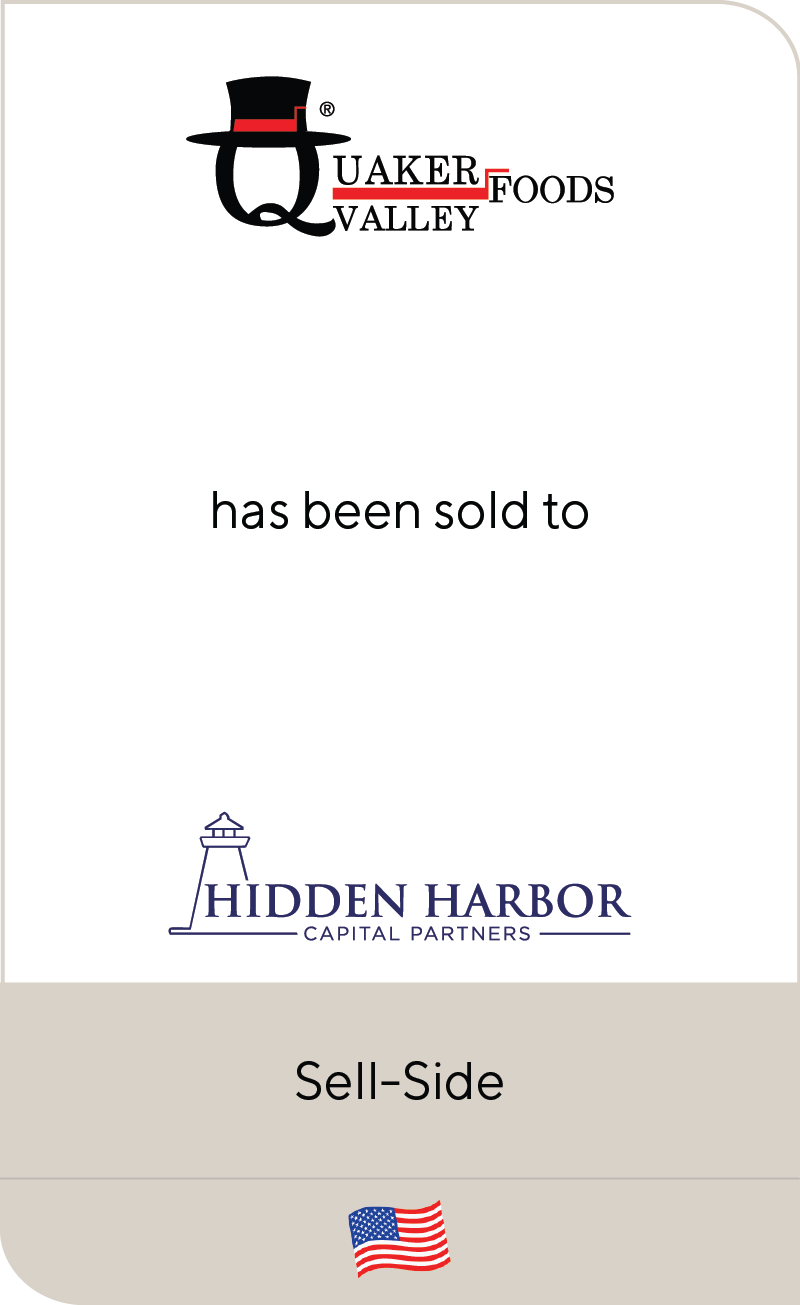Investors Should Target B2B Ingredients in 2025
| B2B ingredients have emerged as perhaps 2025’s most promising theme in the food and beverage sector. Many favorable tailwinds and trends—e.g. health and wellness, cleaner ingredient labels, the proliferation of global flavors and the outsourcing of innovation—are driving growth. Furthermore, our recent deal activity suggests that outsized returns may be more available from B2B ingredients than any other food and beverage subvertical.
Lincoln International’s global team of dedicated bankers has closed 75 food and beverage deals over the last five years for global private equity (PE), private company and corporate clients. These transactions included some notable ingredient deals – e.g., McClancy Foods & Flavors, Giraffe Foods, Woodland Foods, UAS Laboratories and others. From this experience, we’ve identified seven factors that make B2B ingredients a particularly attractive investment sector. |
Summary
-
B2B ingredients are emerging as the most promising theme in the food and beverage sector, driven by strong fundamentals, untapped opportunities, and global consolidation trends.
- Click here to download a printable version of this perspective.
- Sign up to receive Lincoln's perspectives
Overlooked Opportunities Among Private Equity
While retail food and beverage investing is well-trodden territory, B2B ingredients remain relatively unexplored by many PE firms. The retail sector is saturated with PE professionals who maintain extensive networks of former executives from major companies like Nestle, Unilever and Mondelez. These firms also benefit from readily available syndicated data and market intelligence, making “hot” categories and opportunities widely known across the industry.
B2B ingredients, however, represent a knowledge gap for many investors. When PE professionals contact us about our completed deals, their questions often reveal their unfamiliarity and lack of experience within the sector. Many retail-focused investors have yet to fully understand B2B ingredients—from its strong business fundamentals to its attractive pool of strategic buyers—creating an abundance of opportunities for those willing to develop deeper expertise.
Large Addressable Market
The B2B ingredients sector has multiple addressable markets with scale. For instance, global flavors—one market within ingredients—is nearing $20 billion in total addressable market (TAM). Other addressable markets, such as custom sauces for quick service restaurants or specialty dry blends for industrial end markets, also have TAMs of many billion dollars.
Fragmented Categories
Competitor market shares are often small in the ingredients space. While TAMs often exceed several billion dollars, the B2B ingredient landscape is fragmented and populated by “mom-and-pop” companies.
With increasing outsourcing in the industry, foodservice and industrial customers require greater service, R&D and customization. Large ingredient players are less agile and cannot provide these services without disrupting existing operations and facilities, and smaller players lack resources and capabilities. As a result, ingredients customers are more likely to seek mid-sized suppliers with differentiated capabilities, higher service levels and attentive management teams.
Strong Business Fundamentals
Companies in the ingredients sub-vertical often demonstrate a set of attractive fundamentals, which we call the “Lincoln Ingredients Checklist.” These attributes not only drive value but also mitigate risk by ensuring defensible revenue streams, high customer retention and premium exit opportunities.
| Technical R&D Expertise and Collaboration with Customers – Customers rely on ingredient partners for specific objectives that differentiate the finished product and appeal to the end consumer. Ingredients companies offering a greater degree of technical capabilities (e.g., unique taste, nutritional benefits, longer shelf life, cleaner label, etc.) enjoy more defensible customer relationships and revenue streams. |
| Formula Ownership and/or Proprietary Products – Exclusive IP insulates the ingredient company from competition and replication, further enhancing their value proposition. |
| Low Cost, High Value-add – A food manufacturer or foodservice business can charge a higher price for products with differentiation and greater consumer appeal. Most importantly, ingredients that provide the differentiation are often only a small fraction of the overall cost of the finished product, leading to higher margins and a less price sensitive customer. |
| Sticky Customer Base – Customers are much less likely to risk upsetting their end consumers by changing the ingredient specifications of a proven and sought-after product. Product quality, responsiveness and a history of successful collaboration further solidify the relationship and lead to high switching costs. |
| “Land and Expand” Opportunities – Once the ingredient company proves its ability to innovate for its customer, the underlying trust and track record of success leads to additional opportunities. Responsive research teams with quick turnaround times, high-service levels and strong first sample win rates are a further driver of account penetration. |
| Actionable Sales Pipeline – Proven ability to win new business with a track record of high historical conversion rates allows for certainty of projected growth that is already “in the bag.” |
| Strong Margins – EBITDA margins above 20% or significantly higher are not uncommon for ingredients companies, driving appeal with investors who are confident of future growth. |
Exceptional Organic Growth Trajectory
Given the exceptional business fundamentals, B2B ingredient companies are achieving growth rates that are rare in the retail sector. While 10% organic growth triggers a feeding frenzy among PE at trade shows like Expo West, Lincoln’s ingredient clients often deliver higher rates of sustained organic growth while simultaneously expanding their margins.
The opportunity for such growth makes these companies particularly attractive to strategic investors while creating compelling returns for private equity firms. Investments become even more attractive in fragmented sub-verticals, where consolidation strategies can amplify already impressive organic growth rates.
High-Performing Strategic Buyers
B2B ingredients is a global market with active strategic acquirers across continents, particularly in Europe and Asia. Strategic acquirers place significant value on innovation capabilities, and they (and their shareholders) prefer to acquire proven innovators rather than build such capabilities. Additionally, acquisitions are a path to drive continued sales growth and cost efficiencies through expanded international resources.
Strategic acquirers are willing to pay a premium for high-quality B2B ingredient investments because they also trade at attractive valuations. While down from a 2021 peak, value-added specialty ingredients companies continue to trade at EBITDA multiples in the mid- to high teens. With such valuations, strategic acquirers have an opportunity for multiple arbitrage and substantial value creation for their shareholders.
Landscape Ripe for Consolidation via M&A
The fragmented nature of the B2B ingredients sector creates significant opportunities for consolidation through M&A. Numerous privately owned companies with strong value propositions and agile operations remain under the radar, offering attractive targets for investors seeking inorganic growth.
A case study for acquisitions is Solina, a French ingredients company that has successfully employed a buy-and-build strategy to expand geographically and enter new end markets. Since its founding in 2012, Solina has completed over 25 acquisitions, growing into a €1.5 billion business with 40+ facilities. With the right strategy and vision, investors can leverage ample opportunities for consolidation and value creation in the B2B ingredients space.
Organic Growth + Multiple Arbitrage + Attractive Acquisitions = Great Investments
For global strategic acquirers and private equity investors seeking high-growth opportunities, B2B ingredients represent an attractive opportunity in the food and beverage sector. Potential returns are high, particularly when compared to other subverticals. Successful investors find a privately-owned company at a reasonable entry valuation, professionalize the management team, grow organically at 15%+, fund synergistic acquisitions and exit at a strategic valuation.
Lincoln International’s dedicated food and beverage ingredients team has proven itself with a track record of outstanding results, both in North America and globally. If you would like to learn more about ingredients or Lincoln’s capabilities, please contact one of the individuals below today.
Contributors
 David Houser | Chicago |
 Alex Masters | London |
 Tom Cunningham | London |
 Savanna Yourtee | Chicago |
Related Perspectives
in Consumer


